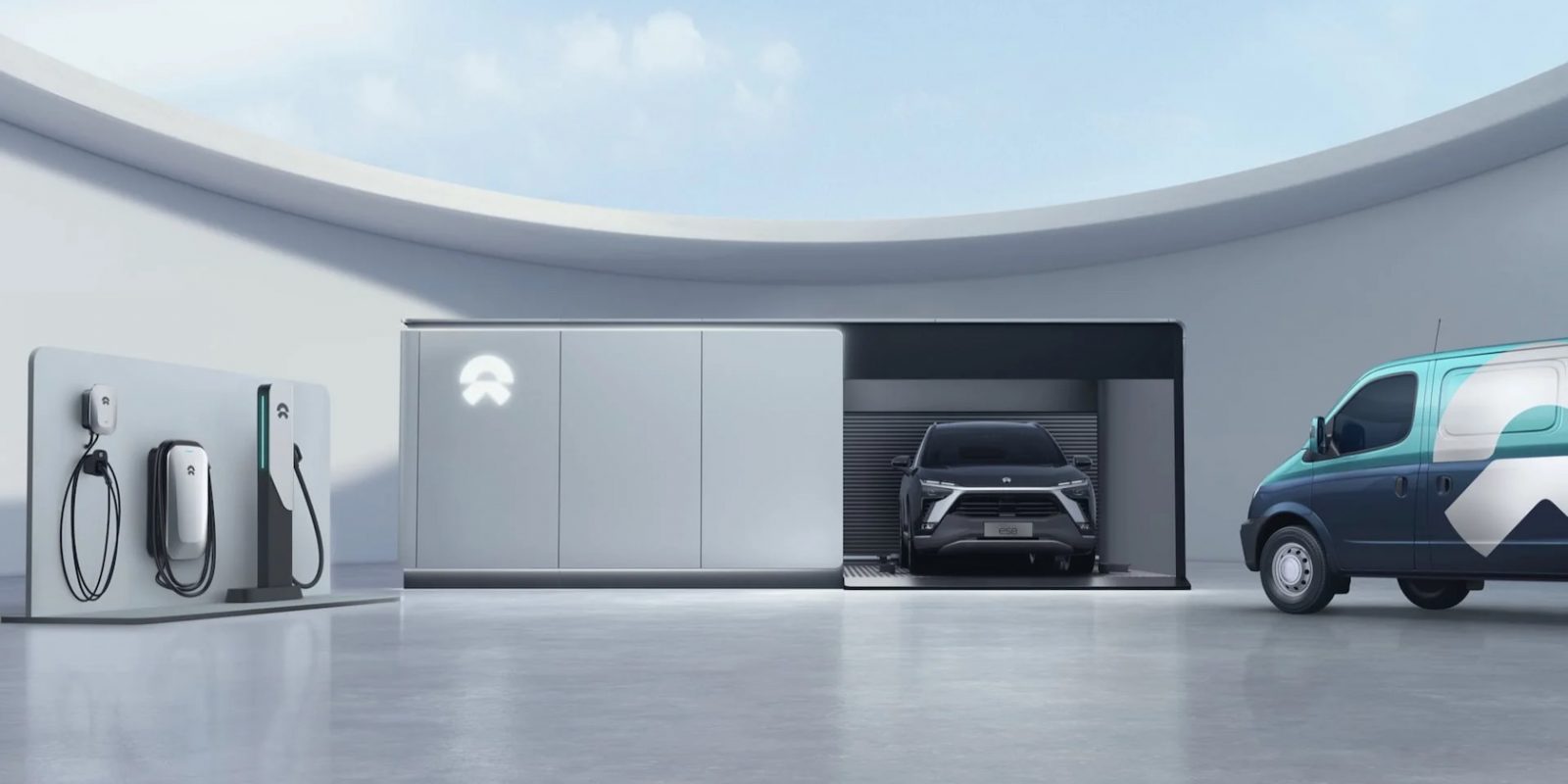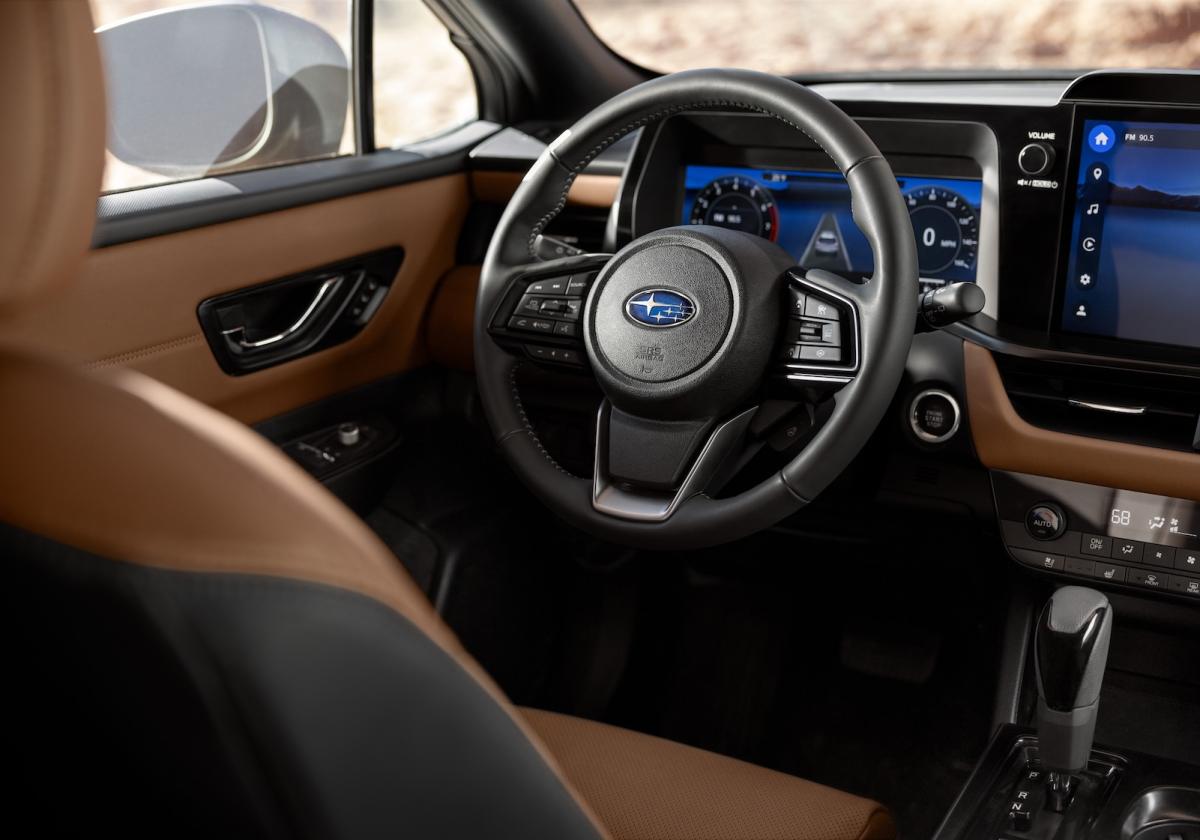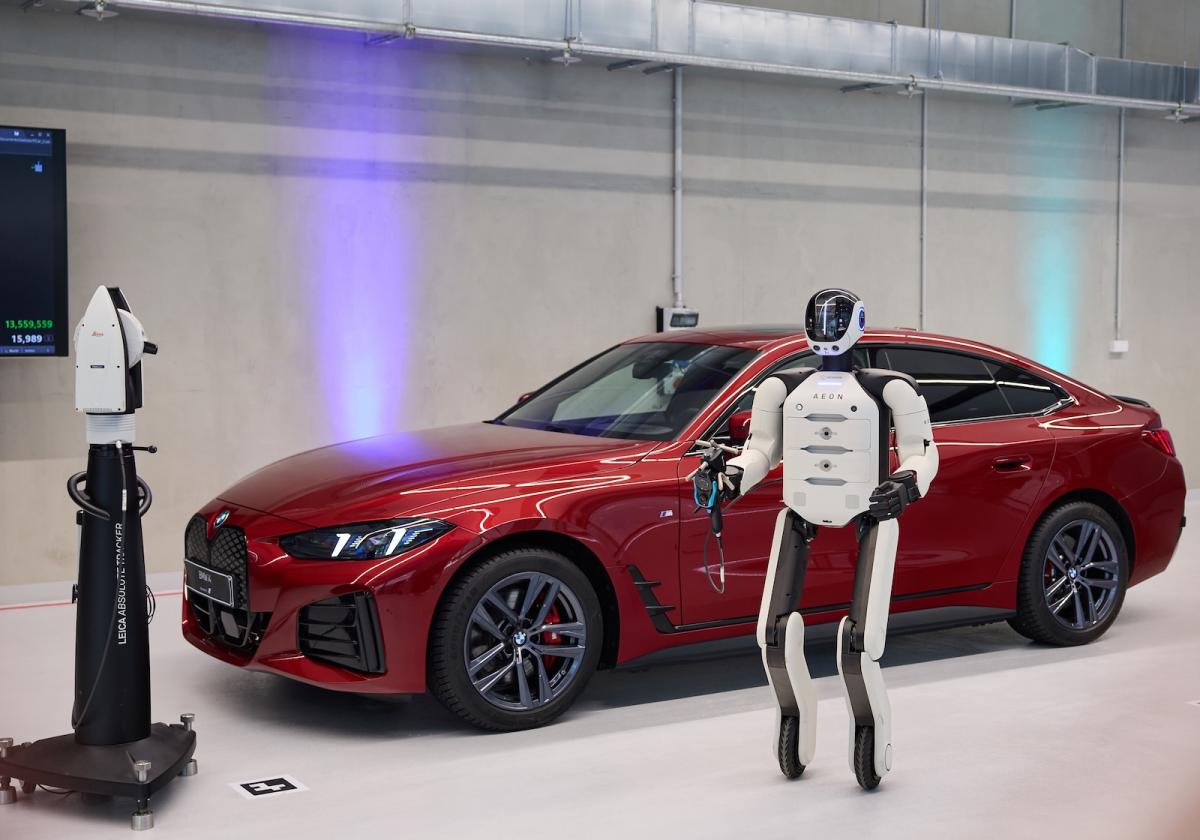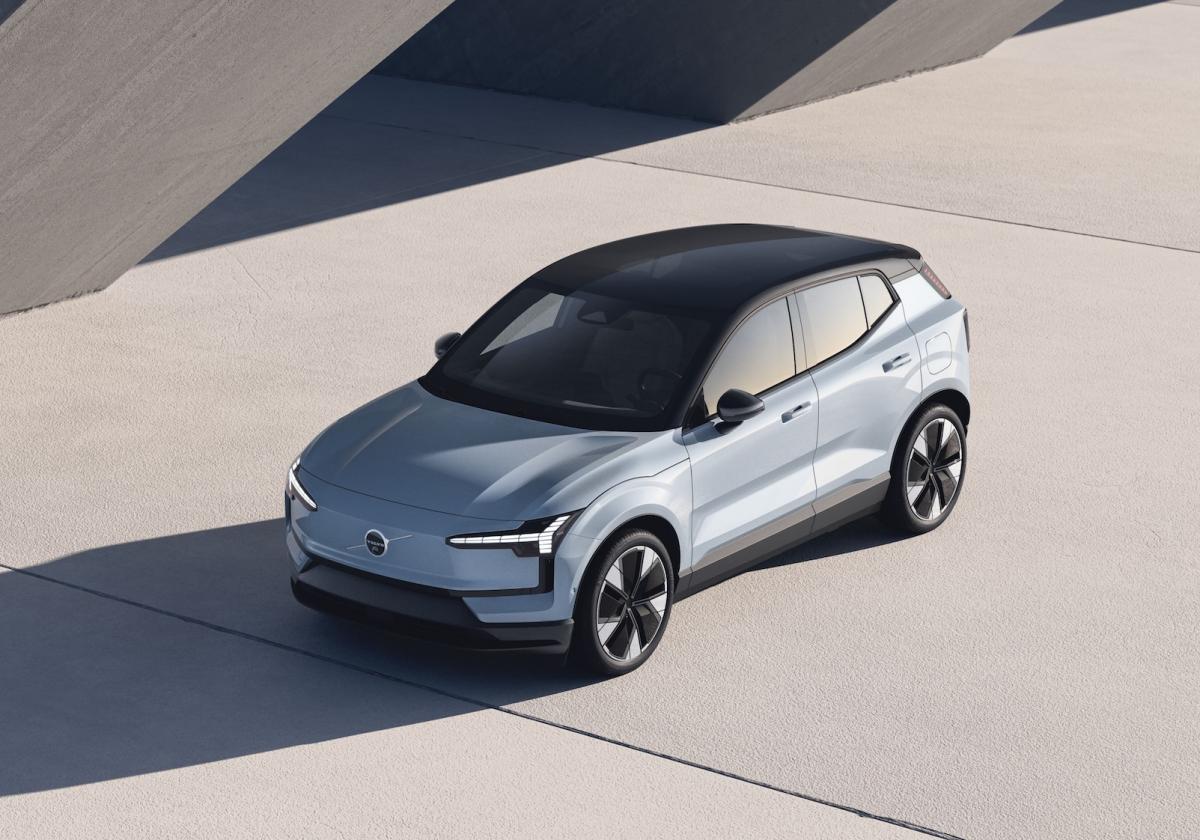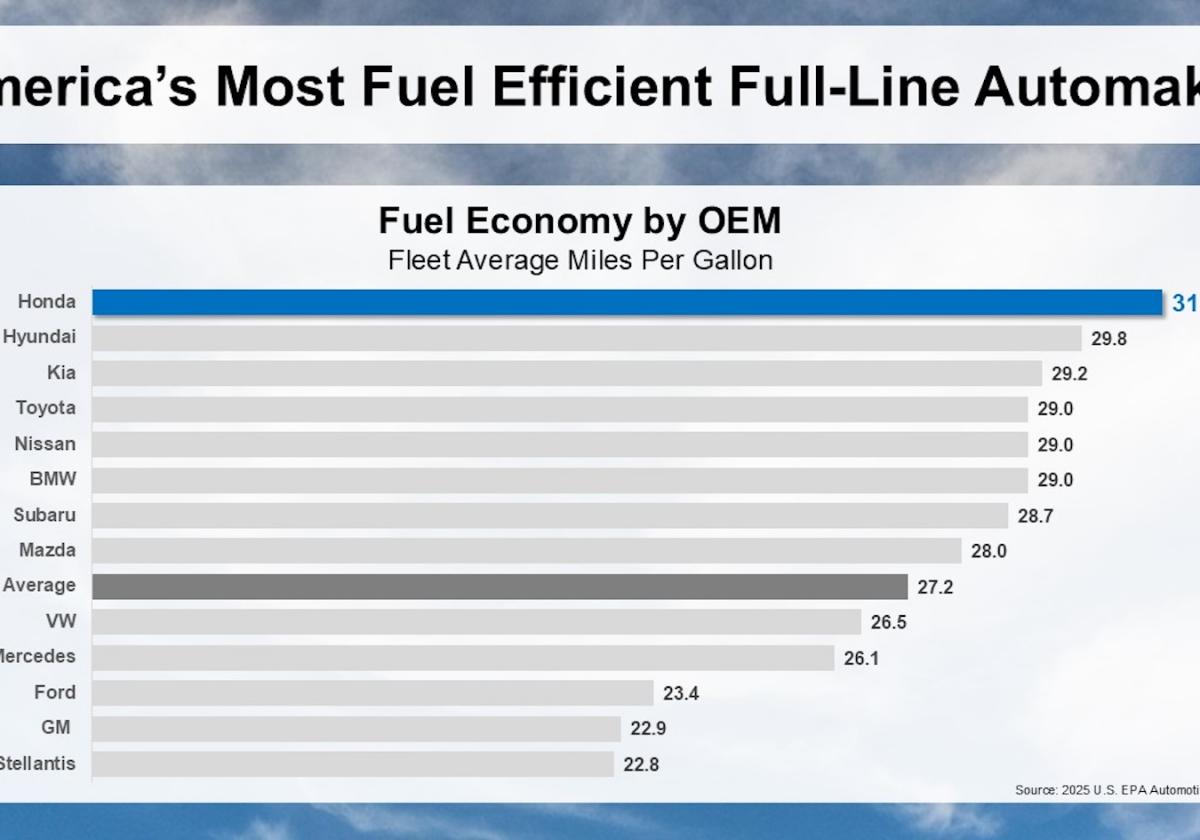The parent company of Volvo, Polestar, and Lotus, Geely Holding, has signed a technical agreement with EV manufacturer NIO to align battery standards and share cutting-edge battery-swapping capability for future products.
This comprehensive agreement addresses several topics, such as network development, battery asset management, battery swapping technology, and standardization of cell technology within battery packs.
Although NIO will soon enter the UK market, its groundbreaking battery-swapping technology is already causing quite a stir around Europe. Range anxiety on lengthy trips may be significantly reduced by the technology, which allows a depleted battery to be automatically swapped for a fully charged one in minutes. In fact, NIO says the process can be completed in as little as 3 minutes compared to fast charging, which can take up to an hour.
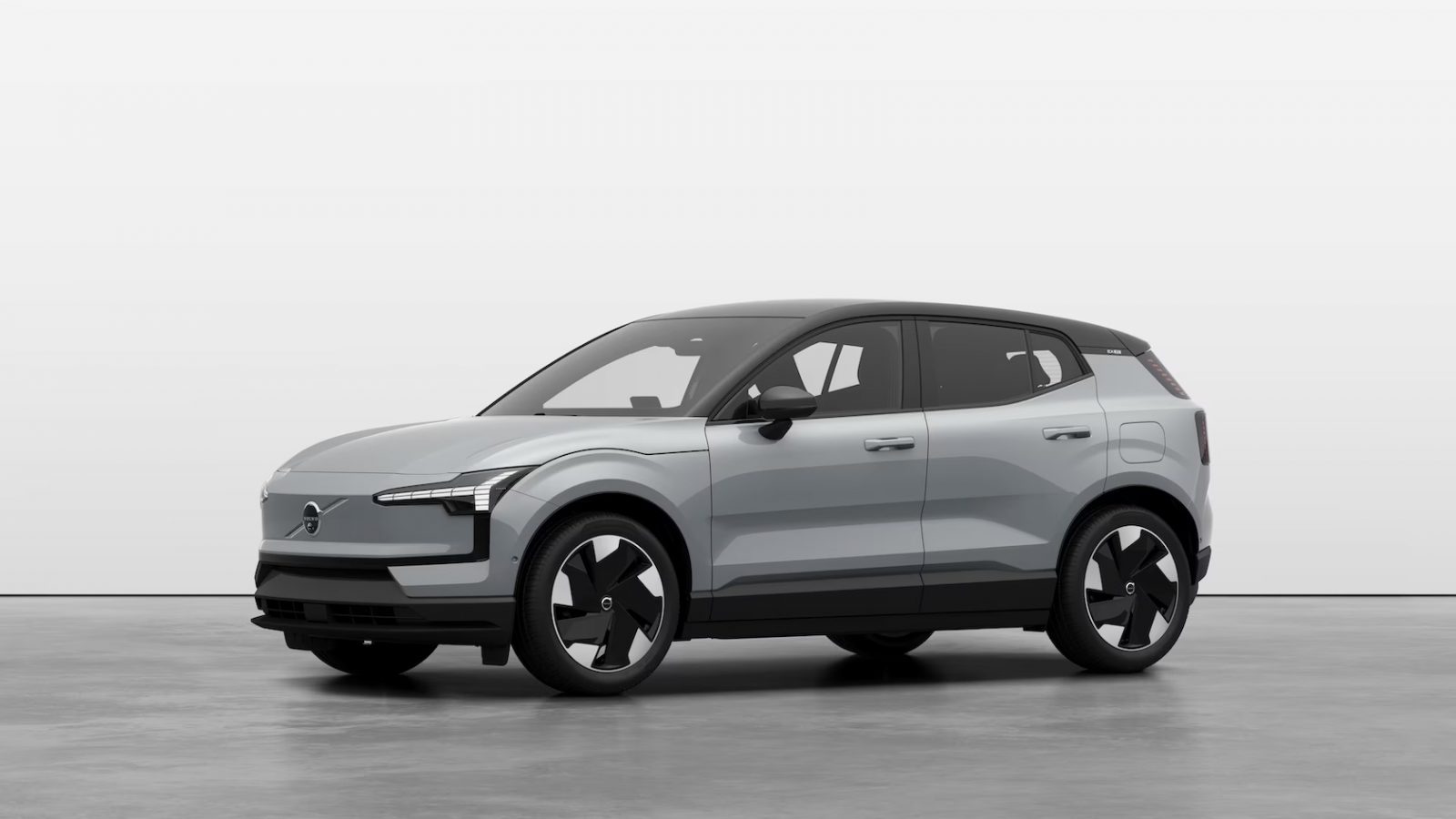
The two firms will co-develop this technology as a result of the new arrangement with Geely, while significantly expanding NIO’s battery-swapping network that is now operational in China and some parts of western Europe.
This will also apply to Geely’s other brands, Zeekr, Lynk & Co., and Smart and may lead Volvo, Polestar, and Lotus integrating similar battery-swapping tech.
“NIO and Geely share a profound understanding of battery swapping and have been dedicated to the investment in this technology and network for private cars and commercial vehicles with rich experience in swapping service and operations,” stated William LI, the founder and CEO of NIO.
The infrastructure and charging network for electric vehicles has come under fire along its path to widespread EV adoption due to a lack of uniformity among stakeholders. Such agreements are intended to lessen future complexity and facilitate long trips.
OUR THOUGHTS
We’ve been hearing about battery-swapping tech for several years now, but few have launched real-world solutions. This joint Geely and NIO collaboration will help to push Volvo, Polestar and Lotus to the head of the queue when it comes to this exciting new tech—that could inject much-needed impetus into EV popularity if more people see a positive solution to the charging issue.

